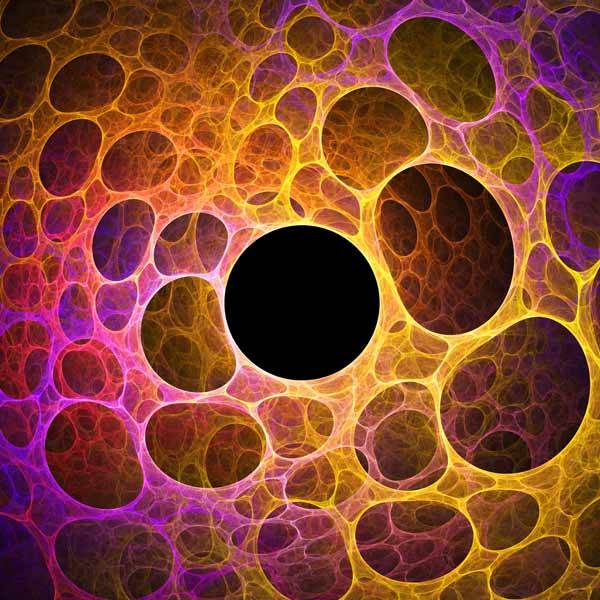Injecting Creativity into Science
14 July, 2015 Reading: 2:40 mins
The science industry is renowned for its complex concepts and in-depth expertise, but it’s the creativity that underpins all this which is often forgotten. With 23 years’ experience in the marketing industry, Sarah Reakes Managing Director at creative agency KISS, specialists in developing communications campaigns for science and tech companies, discusses the importance of recognising and encouraging creativity.

The science industry is renowned for its complex concepts and in-depth expertise, but it’s the creativity that underpins all this which is often forgotten. With 23 years’ experience in the marketing industry, Sarah Reakes Managing Director at creative agency KISS, specialists in developing communications campaigns for science and tech companies, discusses the importance of recognising and encouraging creativity.
Creativity is something that can drop off an artist’s brush, or a scientist’s pipette. To discover, to learn, means being creative, that’s why being a scientist could potentially be the most creative profession in the world. They have a pressure like no other to find the un-trodden paths in discovery, or go over well-trodden paths but with different strategies.
We’ve all heard of Andy Warhol, and we’ve all heard of Stephen Hawking, but yet, as a society we would put these two gifted men at either end of the spectrum. Yet, Stephen Hawking didn’t come across his theory of black holes while he was writing a few equations – he had the imagination and the confidence to break down barriers and conjure up these profound thoughts that changed the face of physics and cosmology. In January of this year Hawking showed he was still at the forefront of black hole research, releasing the paper, “Information Preservation and Weather Forecasting for Black Holes.” In this paper Hawking poses the theory that instead of an ‘event horizon’, there is something else he calls an ‘apparent horizon’, which if true, changes the theory of black holes as we know it. However, I am not a scientist so will refrain from trying to explain any further.
As well as creativity, people don’t normally think of scientists as being emotional, but as a society, we rely on their emotion. One of the biggest and longest running scientific experiments is finding a cure for cancer. For scientists to really put all their creativity and knowledge into experiments like this they really have to have a passion for life itself. With this passion comes courage. The bravery to think outside of the box and strive to be different, as having a different, maybe daring, outlook upon research could save lives.
Jennifer Rohn, a cell biologist at University college London stated recently in an interview with the Guardian, “Scientists tend to be creative and emotional…you need passionate people.”
At KISS we recognise the creativity within scientific institutions; therefore we want to stray away from the standard ‘sciency, unemotional’ tone that reaches the public normally and really highlight the true personalities. Science was, is, and always will be, important to everyday life, therefore it’s our job to make sure people remember and appreciate these institutions.
Overall, science is something that should be publicised and widely respected, not hidden away in the laboratories.
